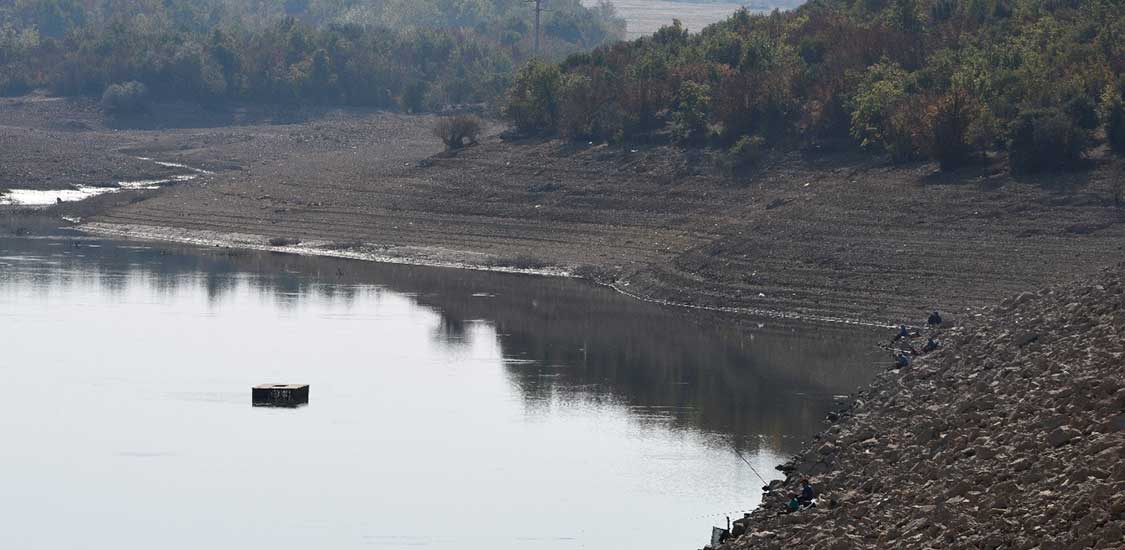
The draft-law on environmental inspection should be improved via amendments made by Parliament
A consistent solution for coordination of state and local inspectors, functional supervision by the State Environmental Inspectorate (SEI) on local inspectors, a more substantial process of planning inspections, availability of inspectors after working hours and on weekends, equipping inspectors and strengthening of transparency.
These are some of the proposed amendments to the Draft Law on Environmental Inspection, which is in parliamentary procedure. The proposed amendments were submitted to Parliament today by 35 civil society organizations, higher education institutions and experts, members of the Civic Inspection Council (CIS) and the Advocacy and Lobbying Alliance “Clear it Up,”. Amendment proposers have requested MPs to accept their proposals and vote on the amendments.
The proposals envisage a clear solid structure for coordination between state and local inspectors throughout the country, coordinated by the SEI, as well as formal cooperation with other institutions and services at state and local level. Functional oversight of local inspectors by the SEI is required, which already coordinates the cooperation in inspections, enhanced by the existing supervisory control of its reports by the Inspection Council, instead of the establishment of a special commission by the Ministry of Environment and Spatial Planning, as is provided in the draft law.
Furthermore, a more substantial inspection planning process is proposed as defined in key SEA documents, such as the strategy, program and annual plan, together with local inspectors, by anticipating or accounting for technological development (equipment and instruments for measuring, access to accredited laboratories), on an interactive system for information and communication and legal assistance for formulating legal provisions and for conducting legal disputes before competent authorities.
The proposed amendments should solve the chronic problem of there being no available inspectors after working hours and on weekends, when the largest number of incidents occur and they stipulate control of the appointment of both types of inspectors, state and local as needed, when one fails to perform effectively out on the field and wherever there is a threat to the environment. It is required to equip the inspectors for sampling for analysis and performing indicative measurements and to provide funds from the budget for that purpose.
Mandatory use of checklists and listing of the type and amount of fuel in the register of pollutants is also required as it is the main source of environmental pollution. The proposed amendments also refer to greater transparency and publication of the database, register, inspection acts, reports, plans, programs, contact numbers of inspectors.
The Civic Inspection Council, which aims to improve inspections to reduce pollution and environmental degradation, was set up as part of the “Clear it Up” Advocacy and Lobbying Campaign, implemented by the Institute of Communication Studies.

